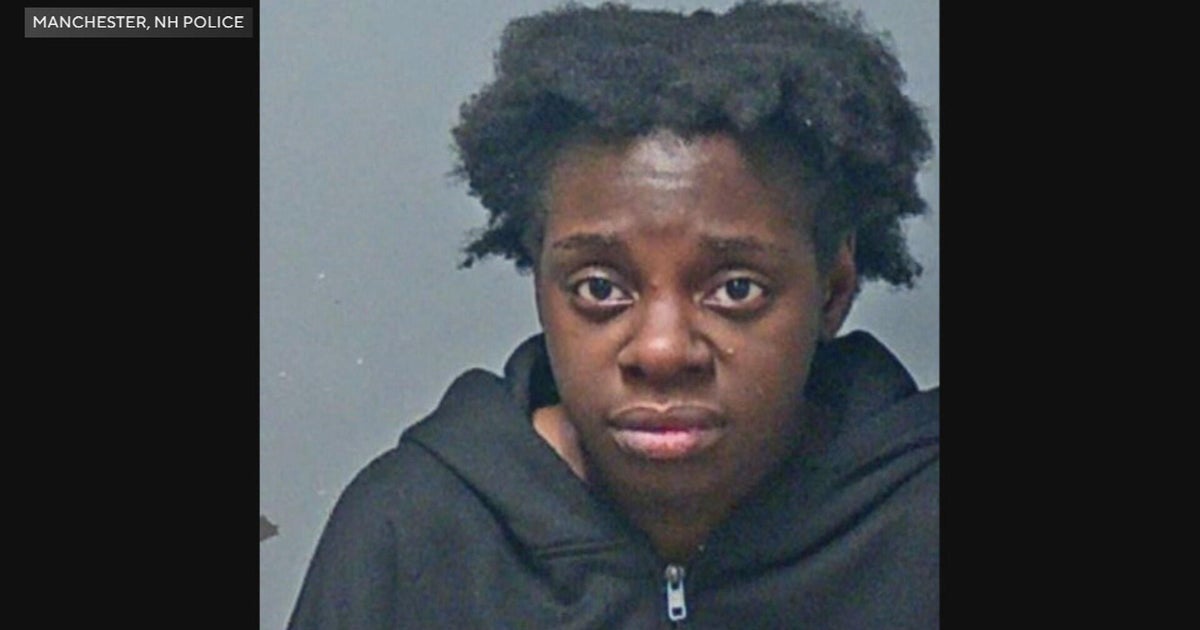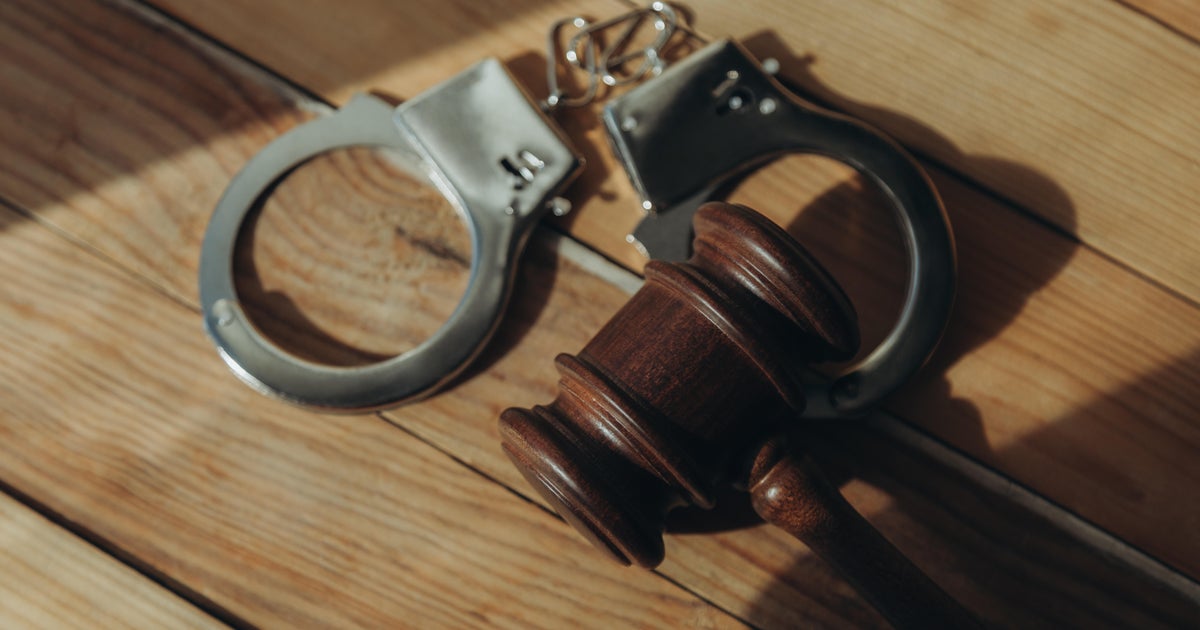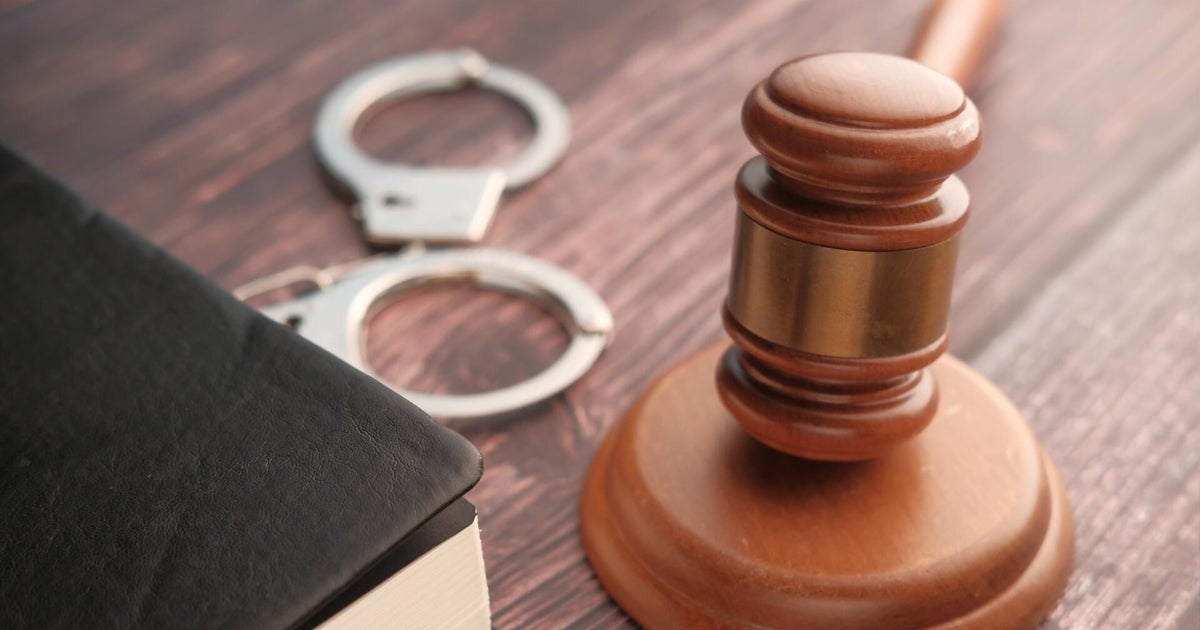"Baby Doc" Charged With Corruption
PORT AU PRINCE, Haiti (CBS4) – Former dictator Jean-Claude "Baby Doc" Duvalier has been charged with corruption and embezzlement for reportedly stealing millions of dollars from Haiti's treasury before his ouster in 1986.
Gervais Charles, a defense attorney representing Duvalier, said it will now be up to a judge of instruction to decide if there is enough evidence against his client to move forward to trial. The decision process could take up to three months. Under the Haitian system, judges investigate allegations made by prosecutors.
Haiti allows for pretrial detention but in Duvalier's case he was allowed to return to his hotel under orders not to leave the country.
"If he has to leave (the country), he will ask and he will leave," Charles said. "As of now, he doesn't even have a passport."
Duvalier was taken into custody Tuesday at the Karibe hotel in Petionville. He was then taken to Port au Prince where he was questioned by a judge in an hour long closed door session.
Several hundred Duvalier supporters gathered outside the court, burning tires, chanting slogans and calling for the arrest of President Rene Preval, then cheering as Duvalier left the courthouse and headed to his hotel under police escort. Earlier, some supporters had tried to block streets with overturned trash bins and rocks to keep police from taking Duvalier from his hotel to the courthouse.
There are no signs of widespread support for Duvalier, however. Demonstrations on his behalf have been relatively small by Haiti standards. More than half the nation's people are too young to have lived through his government.
At a small meeting in Little Haiti Tuesday night, Haitian-Americans sang the Haitian national anthem proudly hoping the Judge will find enough evidence to try Duvalier. Haitian-American and North Miami Council Member Jean Marcellus told CBS4's Natalia Zea he hopes to see Duvalier behind bars.
"He should be brought to justice for what he's done to the Haitian people. All the killing, the mass killing, and the stealing."
Many local Haitians have theories on why Duvalier showed up in Haiti in the first place. Marcellus thinks outgoing President Rene Preval brought Duvalier in to distract the public.
"We might say hey, just for the distractions of the elections that are going on, that Preval has a problem with…Preval is against the wall with the elections. That is probably the main reason (Duvalier) came to Haiti," he told Zea.
While both the U.S. and Canada have denounced his return, Haiti's government has remained relative quite on it; instead they said the focus should be on who will replace President Rene Preval who is nearing the end of his five year term.
Election results have been hotly, sometime violently, contested and both Preval and Prime Minister Jean-Max Bellerive have disputed the Organization of American States report which will be given to the Provisional Electoral Council which will determine which candidates will face off in a final election.
Duvalier assumed power in 1971 at age 19 following the death of his father, Francois "Papa Doc" Duvalier. The father and son presided over one of the most brutal chapters in Haitian history, a period when a secret police force known as the Tonton Macoute tortured and killed opponents. The private militia of sunglasses-wearing thugs enforced the Duvalier dynasty's absolute power and lived off extortion.
At Fort Dimanche, a fortress prison, Haitians were executed or died of malnutrition during the 1957-1986 Duvalier dictatorships. Ripples of pain and violence stemming from the Duvalier family's dictatorship over 29 years still deeply scar many Haitians, including those who were forced into exile abroad.
Duvalier has also been accused of pilfering millions of dollars from public funds and spiriting them out of the country to Swiss banks, though he denies stealing from Haiti.
After being forced out of Haiti, Duvalier lived in exile in France for the last 25 years. Last Sunday he returned to Haiti. While he has not publically given a reason for his return, in the past he has offered his services to help resolve Haiti's problems.
Many Haitian-American activists say one of their greatest fears is that Duvalier's return will lead to a civil war in a country already caught in the grip of political turmoil and still dealing with the aftermath of last year's devastating earthquake.
Haitian Activist Marleine Bastien said denying that justice would be a travesty.
"I would be gravely disappointed for the people who have been waiting for so long for justice," Bastien said. "We do know that Haiti's stability depends on how well we carry out justice."
(© 2010 CBS Broadcasting Inc. All Rights Reserved. This material may not be published, broadcast, rewritten, or redistributed. The Associated Press contributed to this report.)







